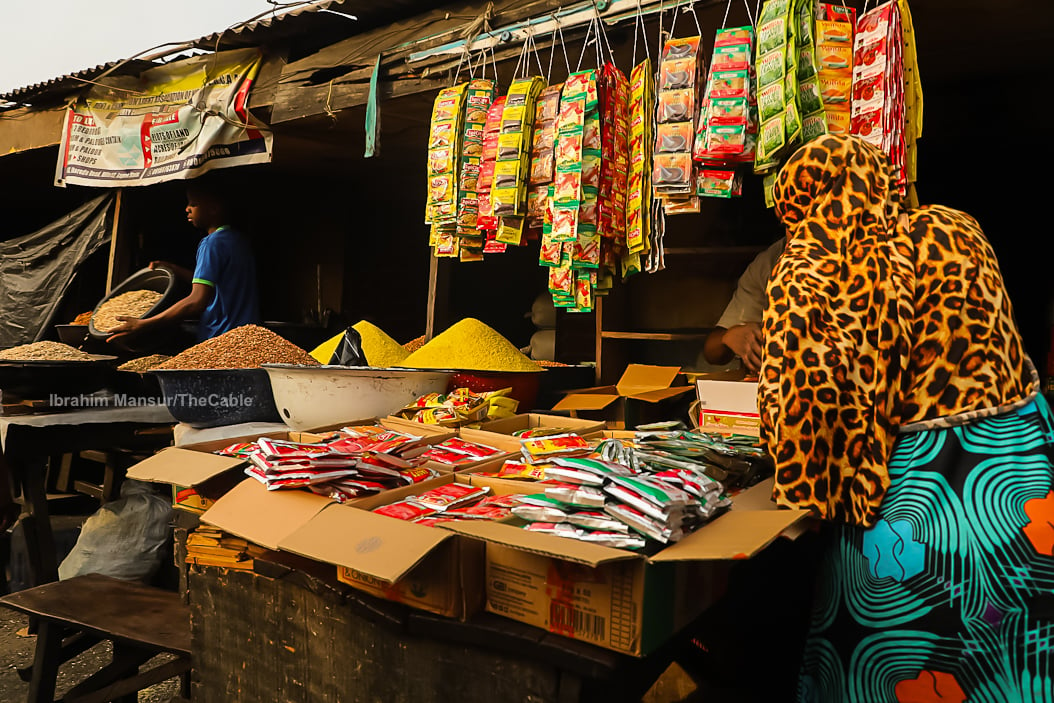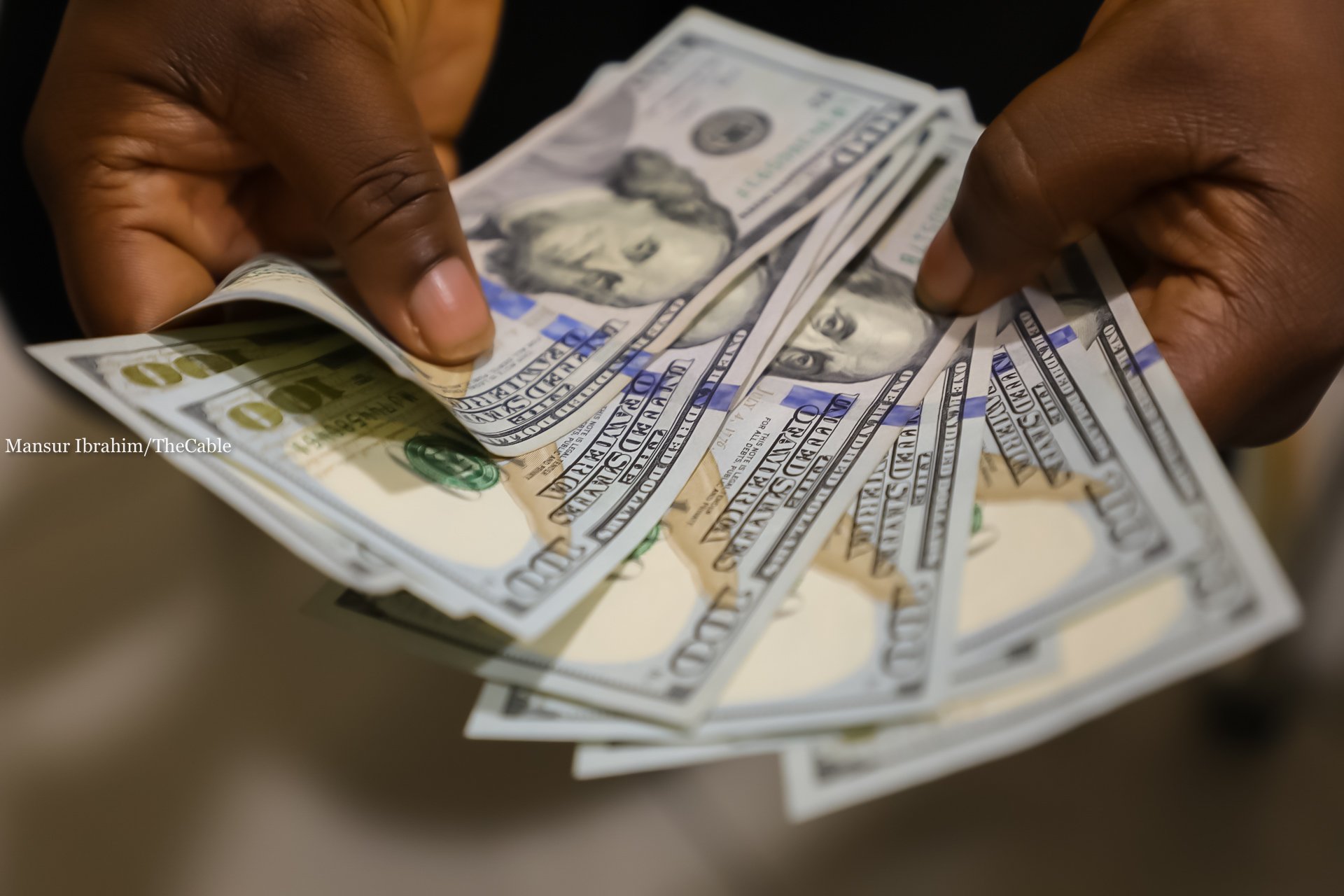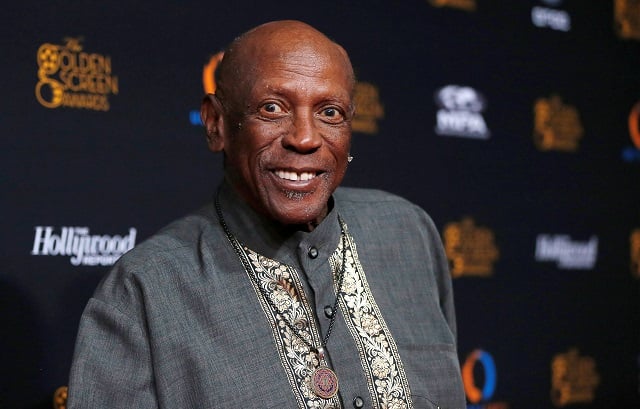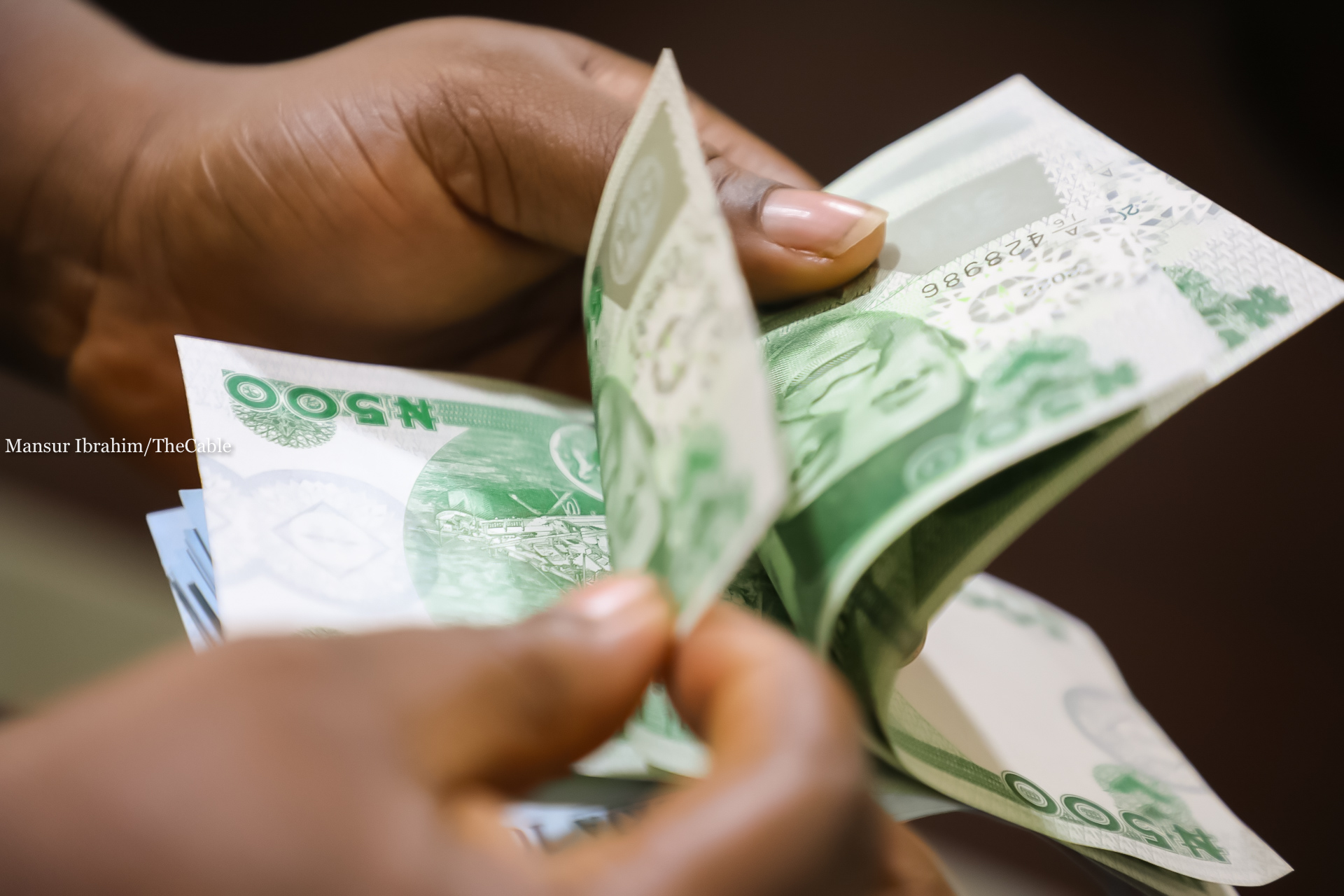Financial Derivatives Company, a firm owned by financial expert, Bismarck Rewane, says it will take time for foreign exchange rate gains to translate to reduced commodity prices.
Since Olayemi Cardoso assumed office as the governor of the Central Bank of Nigeria (CBN), efforts have been geared towards stabilising the FX rates.
The incessant depreciation in the Nigerian currency is said to have continuously affected the price of commodities and significantly contributed to inflation rate which stood at 31.70 percent in February – up from 29.90 percent in January 2024.
In tightening inflation, the monetary policy committee (MPC) at its last meeting raised the monetary policy rate (MPR), which benchmarks interest rates, from 22.75 percent to 24.75 percent to rein inflation.
Advertisement
However, Financial Derivative, in a report on March 28, said naira has rebounded by 46.18 percent to N1,310/$ from an all-time low of N1,915/$ in February at the parallel market.
Commenting on the efforts of the CBN, Financial Derivatives said the desired effect of the hike in rates will take time to manifest due to “lag effects”.
“The hawkish stance of the CBN stamps the commitment of the monetary policy authorities to rein in inflation and stabilize the exchange rates, especially as effective interest rates rise,” he said.
Advertisement
“Portfolio investments are springing back up, rising 41.03% to $2.3bn in the first two months of 2024 compared to $3.9bn in 2023.
“Though the desired outcome of relatively stable prices will take time to manifest due to lag effects, there is some respite for Nigeria’s macroeconomy if fiscal policy moves are consolidated to support these monetary measures in the short-medium term.
“Conversely, stock market activities are expected to be choppy in the coming weeks as fixed-income yields become more attractive.”
The company also said the interest rate increase is expected to support investment inflows, mainly from portfolio investors, in the near term.
Advertisement
However, he said the high-interest rate environment “does not hold promise for the private sector seeking credit for business expansion in the near term”.
“While this trade-off is imminent during inflationary times, it is worth considering at the next MPC meeting to prevent the economy from overheating amid rising poverty levels, shrinking productivity, and dwindling consumption,” Financial Derivatives said.
“Essentially, the naira’s stability will continue amid higher interest rates. However, it will take time for exchange rate gains to translate to reduced commodity prices in the open markets, indicating a prolonged period of the cost of living crisis in the short term.”
‘NIGERIA MUST CONTINUE TO DO THE RIGHT THING FOR NAIRA VALUE TO BE SUSTAINED’
Advertisement
Speaking further on the recent appreciation in the value of the naira to the dollar, Financial Derivatives said the local currency’s gain can only be sustained if the country “continues doing the right thing”.
“The naira has since February, appreciated significantly across the markets, fuelled by sanitization of the FX market, an increase in forex supply and a fall in the demand for dollars,” the company said.
Advertisement
“The settlement of the $7 billion verified forex backlog of forward commitments have boosted confidence and improved the credibility of the CBN.
“However, the pressing question remains, will the naira tumble again? The answer is No, if Nigeria continues to do the right things.”
Advertisement
Financial Derivatives also said the prospects for forex earnings are promising with foreign portfolio investments on the rise.
Advertisement
1 comments







The rebound percentage of the naira should be 31.59% and not the 46.18% reported. The calculation should have been done based on the February value of N1,915 and not the March value of N1,310, since we are comparing the change based off the February or all time low of the Naira value.